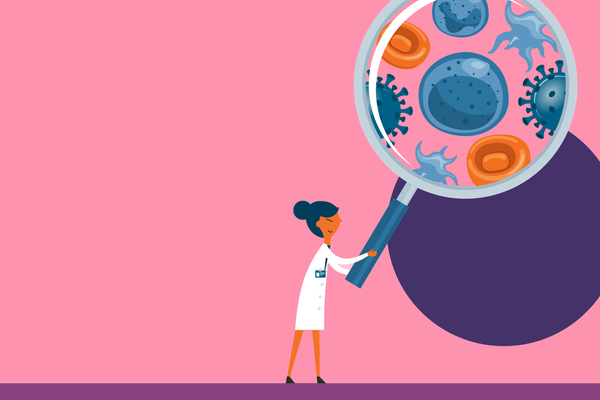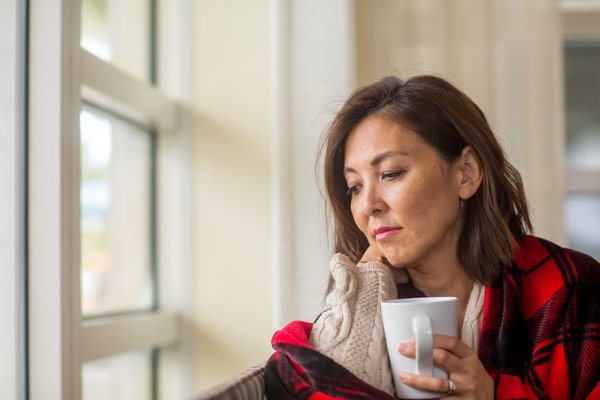By Thomas Perls, Boston University
Jennifer Cheavens, The Ohio State University and David Cregg, The Ohio State University
The world is currently in the midst of a pandemic where the most useful thing many of us can do is stay at home and keep away from others. Schools, restaurants, office buildings and movie theaters are closed. Many people are feeling disoriented, disconnected and scared.
At this time of soaring infection rates, shortages of medical supplies and economic downturns, there are also examples of people looking for ways to express their gratitude to those on the front lines of fighting the epidemic. In many European countries, for example, people are expressing gratitude for the work of the medical staff by clapping from their balconies. Recently, this same practice has migrated to New York City.
As psychology researchers, we have been working to study the connection between gratitude and well-being.
Gratitude and well-being connection
In 2013, psychologists Robert Emmons and Robin Stern explained gratitude as both appreciating the good things in life and recognizing that they come from someone else.
There is a strong correlation between gratitude and well-being. Researchers have found that individuals who report feeling and expressing gratitude more report a greater level of positive emotions such as happiness, optimism and joy.
At the same time, they have a lower level of negative emotions such as anger, distress, depression and shame. They also report a higher level of life satisfaction.
Furthermore, grateful individuals report a greater sense of purpose in life, more forgiveness and better quality of relationships, and they even seem to sleep better.
In short, grateful individuals seem to have more of the ingredients needed to thrive and flourish.
There are several plausible explanations for the apparent connection between gratitude and well-being. It may be that gratitude serves as a positive lens through which to view the world.
For example, grateful individuals may be inclined to see the good in people and situations, which may result in a more compassionate and less critical view of others and themselves.
Grateful individuals may also be naturally prone to forming mutually supportive relationships. When someone expresses gratitude, the recipient is more likely to connect with that person and to invest in that relationship in the future.
Gratitude exercises have weak effects
However, there is one important caveat to this research. It shows that gratitude is correlated with well-being, but it does not prove that expressing gratitude actually improves well-being.
Psychologists have conducted a number of experiments to see if giving thanks leads to greater well-being. For example, individuals may be asked to perform gratitude exercises at home and then report on their well-being afterward. These exercises include writing a thank-you letter or keeping a journal of things one is thankful for.
Several review papers over the past four years, including our recent paper, indicate that these gratitude exercises have fairly weak effects on well-being.
These review papers combine the findings from multiple different studies, which allows researchers to be more confident that the findings are consistent and can be trusted.
Researchers found that such gratitude exercises only increase happiness and life satisfaction a little bit. Similarly, the effect on symptoms of depression and anxiety was also small.
Express gratitude to help others
We are not suggesting that expressing gratitude has no value. Rather, we argue that gratitude should not be thought of as a self-help tool to increase one’s own happiness and well-being.
Instead, gratitude may be most valuable as a way of honoring and acknowledging someone else. Indeed, researchers have found that expressions of gratitude lead to improved relationships for both the one expressing gratitude and the recipient. The lead researcher of a 2010 study – psychologist Sara Algoe – concluded that for romantic relationships, gratitude worked like a “booster shot.”
During this global pandemic, perhaps it is more important than ever to express gratitude to the important people in our lives – not just loved ones, but the countless public officials, health care professionals and others who are fighting on the front lines.
Jennifer Cheavens, Associate Professor of Psychology, The Ohio State University and David Cregg, Doctoral Candidate in Clinical Psychology, The Ohio State University
This article is republished from The Conversation under a Creative Commons license. Read the original article.







